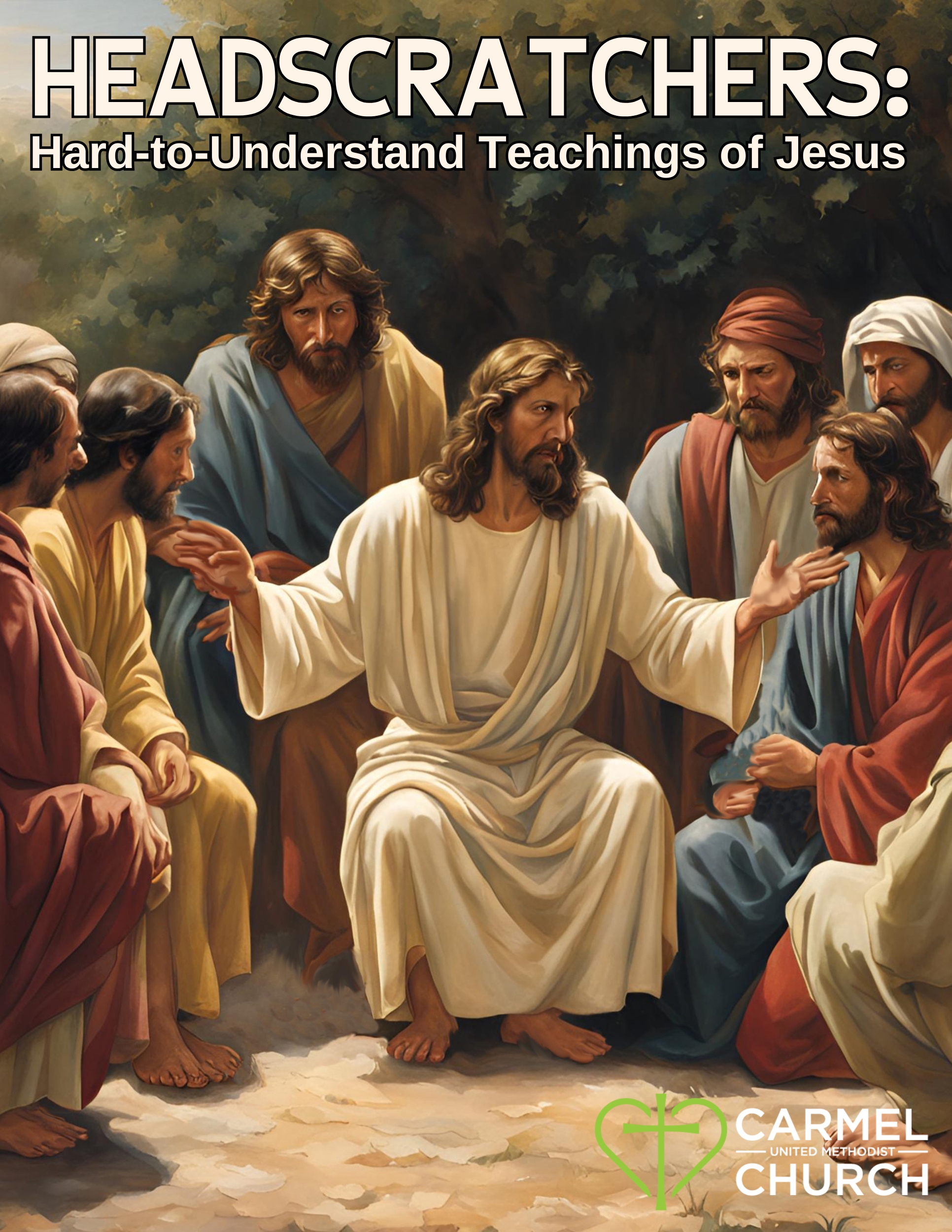

The Rest of the Story
I mentioned Russell Conwell in Sunday’s message. He was a famous preacher, educator, and lecturer. His sermon/lecture “Acres of Diamonds” was turned into a book and sold rather well. I used Conwell’s illustrations to talk about sharing the good news of Jesus with those closest to us first—family, friends, coworkers, and church family. The wider world is our ultimate aim, but until you invest in the people God has already put in your life, you are unlikely to have much success.
What I didn’t realize was how much Conwell’s teaching and preaching was what we would call “the prosperity gospel.” In other words, God wants you to be rich and influential and that is open for everyone who is willing to work hard and reach for it. Here’s how Wikipedia summarizes Conwell’s Acre of Diamonds sermon as well as the ‘dark side’ of this kind of thinking.
“The central idea of the work is that one need not look elsewhere for opportunity, achievement, or fortune; the resources to achieve all good things are present in one's own community. This theme is developed by an introductory anecdote, credited by Conwell to an Arab guide, about a man who wanted to find diamonds so badly that he sold his property and went off in futile search for them. The new owner of his home discovered that a rich diamond mine was located right there on the property. Conwell elaborates on the theme through examples of success, genius, service, or other virtues involving ordinary Americans contemporary to his audience: "dig in your own backyard!"
“In A People's History of the United States, historian Howard Zinn comments that the message was that anyone could get rich if he tried hard enough, while implying that Conwell held elitist attitudes by quoting the following from his speech:
‘I say that you ought to get rich, and it is your duty to get rich ... The men who get rich may be the most honest men you find in the community. Let me say here clearly ... ninety-eight out of one hundred of the rich men of America are honest. That is why they are rich. That is why they are trusted with money. That is why they carry on great enterprises and find plenty of people to work with them. It is because they are honest men. ... I sympathize with the poor, but the number of poor who are to be sympathized with is very small. To sympathize with a man whom God has punished for his sins ... is to do wrong. ... Let us remember there is not a poor person in the United States who was not made poor by his own shortcomings.’
Wow, talk about blaming the victim. Conwell was a man of his time and of his class. To his credit he believed in the unlimited potential of the human spirit. Unfortunately, he gave almost no thought to the powers and principalities of this world that result in poverty, lack of educational advantages, and the sense of helplessness that go along with them. He is another example of the mixed nature of people. Did he do a lot of good with his influence? He did. In fact, he left a good chunk of his estate to a homeless shelter in Philadelphia. Yet he also added guilt and shame to those who did not or could not achieve what he had.

Archived Posts
One More Piece of Unsolicited Advice
I had one too many examples yesterday. Here’s the "Ask Pastor Tim" scenario that didn’t make the cut for Sunday’s sermon: (read more)
Not If, But When, the Crisis Comes
One of the best Bible commentators alive today is N.T. Wright or Tom Wright. When reflecting on the parable of the wise and foolish maidens, he wrote this:...
What I wanted to say
but ran out of time this Sunday
Here is the benediction I was going to use before discovering the excellent MLK Jr. video.
The Storm that Comes To Us as Helplessness
I want to share with you a small portion of my conversation with Artificial Intelligence online. Some of you know, I use Chat-GPT as a thoughtful sounding board for the questions and insights I’m working with on whatever scriptures I’m studying each week. What follows is an example of those discussions...
One Final Scene About Scrooge
There was one more scene in Dickens’s novel that reveals something of what has happened to Scrooge over the years. I did not have time to share it on Sunday, but I believe it reveals a great deal about the regrets in Scrooge’s life....
What Jacob Marley Would Do,
If He Could Do It…
I thought about using the following for a benediction—since Jacob Marley was warning Scrooge about the danger of loving money and what it could buy. Ends up with the Cantata and everything else going on, I didn’t have the time. So here is what you might have heard if the sermon itself was 5 minutes shorter!
A Confirming Word on Old King Herod
I just want to echo what Rick said in his fine sermon yesterday (Nov. 23). Herod was a ruthless tyrant and skilled politician. When the Magi don’t report back to him, he decides to kill all the male children of Bethlehem under the age of 2. That’s one paranoid dude.
